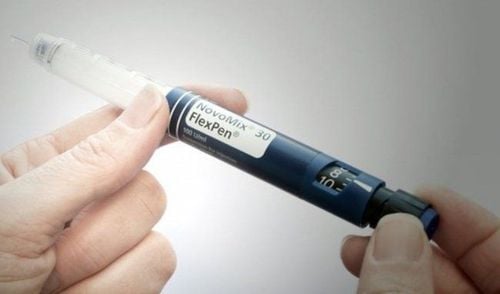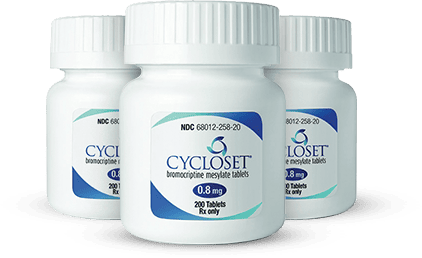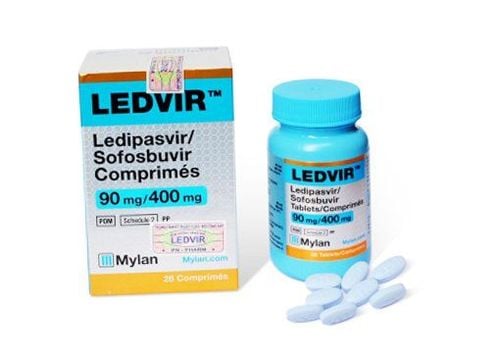This is an automatically translated article.
Insulatard is a drug indicated in the treatment of diabetes mellitus. In this article, more complete and detailed information about the drug Insulatard will be provided to readers to equip them with sufficient knowledge when treating diabetes with drugs.
1. Overview of the drug Insulatard
Insulatard is prepared in the form of a medium-acting insulin suspension, contained in a 10ml vial. The insulin suspension in Insulatard HM 10ml is currently an insulin isophane suspension (abbreviated as NPH). The drug is manufactured in Denmark and is a prescription drug, meaning you can only buy Insulatard with a prescription from your doctor.
2. Pharmacodynamic information of Insulatard
Insulin's ability to reduce blood glucose levels is due to the process of glucose absorption immediately after binding to receptors on muscle and fat cells easily. Besides, NPH after entering the body also has the ability to inhibit the production of glucose in the liver.
3. Information on the pharmacokinetics of Insulatard Insulatard with the main ingredient is NPH (Insulin isophane) after entering the body, it will begin to enter the half-life in a few minutes. Therefore, the duration of action of the drug will be determined on the absorption characteristics of insulin isophane and evaluated on other factors such as insulin dose, injection route, injection site, etc. This factor helps to explain the significant differences in drug efficacy between different patients or in the same patients at different durations of treatment.
After subcutaneous injection of Insulatard about 1.5 hours, the drug will begin to affect blood glucose levels and maintain its effect for about 4 hours to 12 hours. After entering the body, the amount of insulin supplied by the drug will begin to be degraded by insulin protease or protein disulfide isomerase. After a while, some of the hydrolysis sites on the insulin molecule are cleaved and become inactive metabolites.
4. When is Insuladard indicated and contraindicated?
With the ability to provide and increase insulin levels, thereby reducing blood glucose levels, Insulatard is indicated for patients with diabetes. Therefore, the drug will not be for people who do not have diabetes. In particular, Insulatard is also contraindicated for people who have an allergic reaction to insulin, especially insulin isophane.
5. What will happen to Insulatard overdose? In fact, there is no established dose to indicate that a patient is overdosing on Insulatard. However, excessive use of Insulatard can lead to the development of hypoglycemia in 2 consecutive stages as follows:
Mild phase: at this stage the patient will feel lightheaded and dizzy , can be overcome by oral glucose supplements or foods high in sugar. Severe stage: at this time, hypoglycemia can cause the patient to lose consciousness. To supplement glucose, the doctor will administer an intramuscular or subcutaneous injection of about 0.5mg to 1mg of glucagon or intravenous glucose infusion in case the patient does not respond well to glucagon after 10 to 15 minutes of injection.
6. Side effects of Insulatard
During treatment with Insulatard 10ml injection, a number of undesirable side effects may arise in patients, including:
The most common reaction is symptoms of hypoglycaemia, however the frequency as well as the The severity of this side effect may vary by patient group, age, dose of Insulatard and ability to control blood sugar on a daily basis. When starting treatment with Inslatard, patients may experience refractive abnormalities, edema symptoms and reactions at the injection site such as redness, inflammation, purple swelling, itching... However, the This reaction is only temporary and will quickly improve. Other rare and uncommon side effects include diabetic retinopathy , lipodystrophy , peripheral nerve problems... 7. Some cautions to remember when treating diabetes with The treatment of diabetes with insulin therapies in general and Insulatard in particular, if not maintained continuously or in insufficient doses, can cause problems with hyperglycemia, especially for diabetes. type 1. The first symptoms of hyperglycemia, which appear slowly and last for a few days to a few hours, include extreme thirst, nausea and vomiting, drowsiness, frequent urination, dry mouth, and dry skin. , loss of appetite, breath that smells of acetone... For type 1 diabetes, if the hyperglycemia is not treated in time, the patient is likely to develop ketoacidosis and even death death.
On the contrary, symptoms of hypoglycemia related to Insulatard overdose leading to insulin overdose including dizziness, fatigue, fainting can also occur if you abuse the drug excessively. Besides, skipping meals or exercising strenuously also causes this condition.
For the group of subjects who are operating in the field of operating machinery or drivers... with high requirements in concentration, it should be noted that: the drug can cause a decrease in concentration and ability to concentrate. react if you are in a hypoglycemic state. Therefore, the advice for you is to limit the dose of medicine before work.
For pregnant women, both hypoglycemia or hyperglycemia associated with Insulatard can increase the risk of birth defects in the fetus or even cause stillbirth in utero. Therefore, it is recommended for pregnant women to control blood glucose levels throughout pregnancy.
8. Some interactions related to the drug Insulatard
All types of insulin in general, when combined with Thiazolidinedione drugs, have the potential to cause congestive heart failure, body edema, unexplained weight gain... Therefore, you need to avoid using Insulatard concurrently with Thiazolidinedione. In addition, some of the following drugs can reduce the body's need for insulin, leading to a greater chance of an overdose of Insulatard:
Oral antidiabetic drugs. Monoamine oxidase inhibitors. Beta-blockers (usually non-selective). ACE - Angiotensin-converting enzyme inhibitor. Salicylate, Anabolic Steroids, Sulphonamide... In addition, Insulatard is also prone to underdosing (ie, the patient's insulin requirements are increased) when used with the following substances:
Oral contraceptives. Thiazide, Glucocorticoid, growth hormone, Danazol, substances similar to sympathetic nervous system, thyroid hormone. Beta-blockers with the ability to mask the manifestations of hypoglycemia. It can be said that Insulatard is a suspension for injection under the skin indicated for patients with diabetes. The treatment with Insulatard also requires a lot of care and caution. Due to ddos, the patient needs to take the drug exactly as prescribed by the doctor to increase the effectiveness of treatment and ensure safety for health.
Please dial HOTLINE for more information or register for an appointment HERE. Download MyVinmec app to make appointments faster and to manage your bookings easily.













